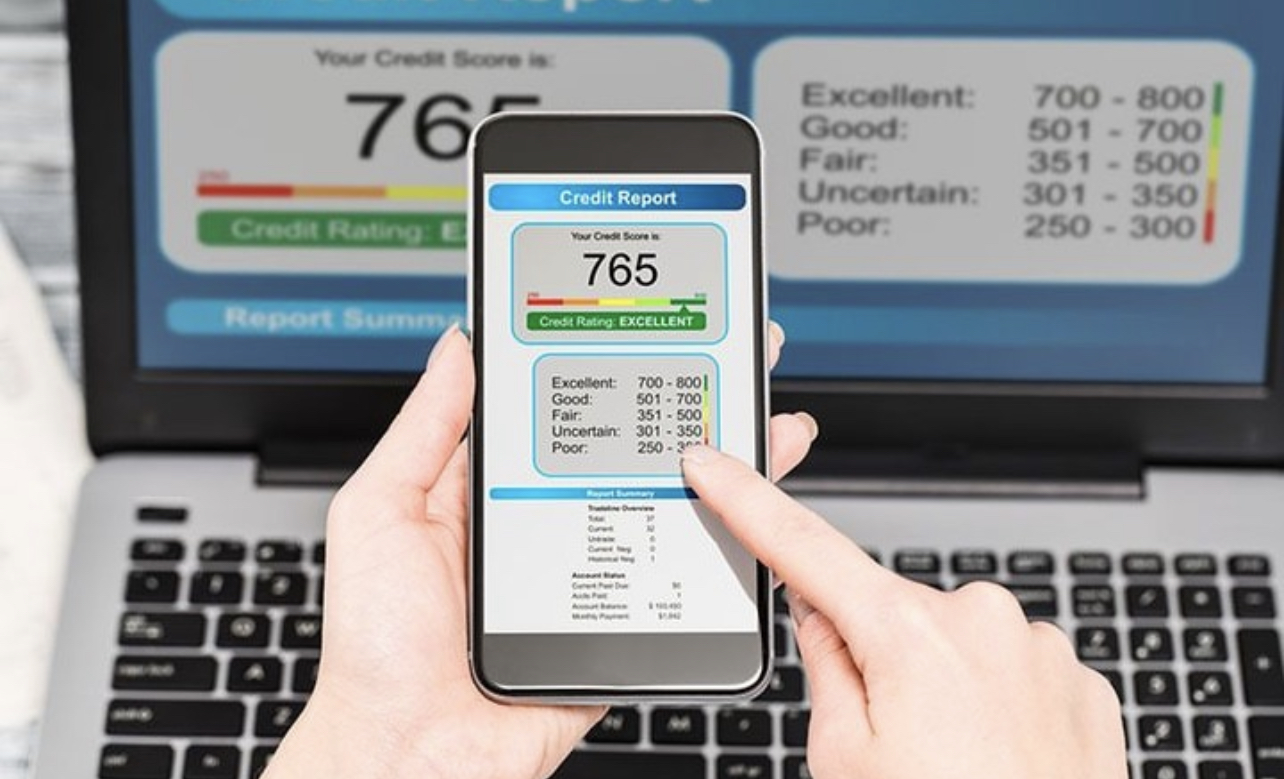Increase Credit Scores – 4 Simple Hacks
- Yorlene Cintra

- 11 ago 2023
- 2 Min. de lectura
What Makes Up Your Credit Score?
Perhaps you already know what makes up your credit score, but it’s worth mentioning. There are five major credit bureaus (the company’s that hold onto your personal data and financial history related to loans and other credit accounts) and they all use the Fair Isaac Corporation’s FICO scoring model. The factors break down as follows:
35%: Payment History -Are you paying back your debts on time? If so, this is a positive thing! Late payments (though recent ones can be removed

) will hurt tremendously, however. In addition, if any debt has been sent to collections agencies- look out!
30%: Debt/Budgeting -How much of your available credit have you been using? It would be wiser to keep it at 20% or less, but going over 30% will decrease your score.
15%: Credit Utilization -The same as Debt/Budgeting, this refers to how much credit you have extended to you. If you never open new card accounts and keep adding to them, this factor won’t matter too much; also if the total available credit of all your cards is low (less than $1,500 or so) you shouldn’t really run into any trouble here.
10%: Length of History -How long has it been since you opened a card? The longer it’s been since opening a new account the better off you’ll be; more history means a higher chance that someone can track trends in payment and debt behavior (for example: did you use to be late but now you pay on time?).
10%: Type of Credit -This refers to what kinds of cards you have. If, for example, you only have store credit cards your score will suffer because they are looked at as low quality. However, if you have multiple types (and especially different issuers), this factor won’t matter too much.
The maximum number of points attainable using the FICO scoring model is 850.
It’s easy to have a low credit score. You can have a low score by default, be the victim of identity theft, miss a payment on a student loan or car note, or even just have an overdue bill!
However, if you’re looking to take out a loan– say, for example, for an upcoming vacation as summer draws closer — it will affect your borrowing power. In order to secure lower interest rates and save yourself some money in the long run, you’ll need to make sure your credit is up-to-date and squeaky clean. This will help increase credit scores quickly.
Fortunately, there are a number of ways to fix your credit.







Comentarios